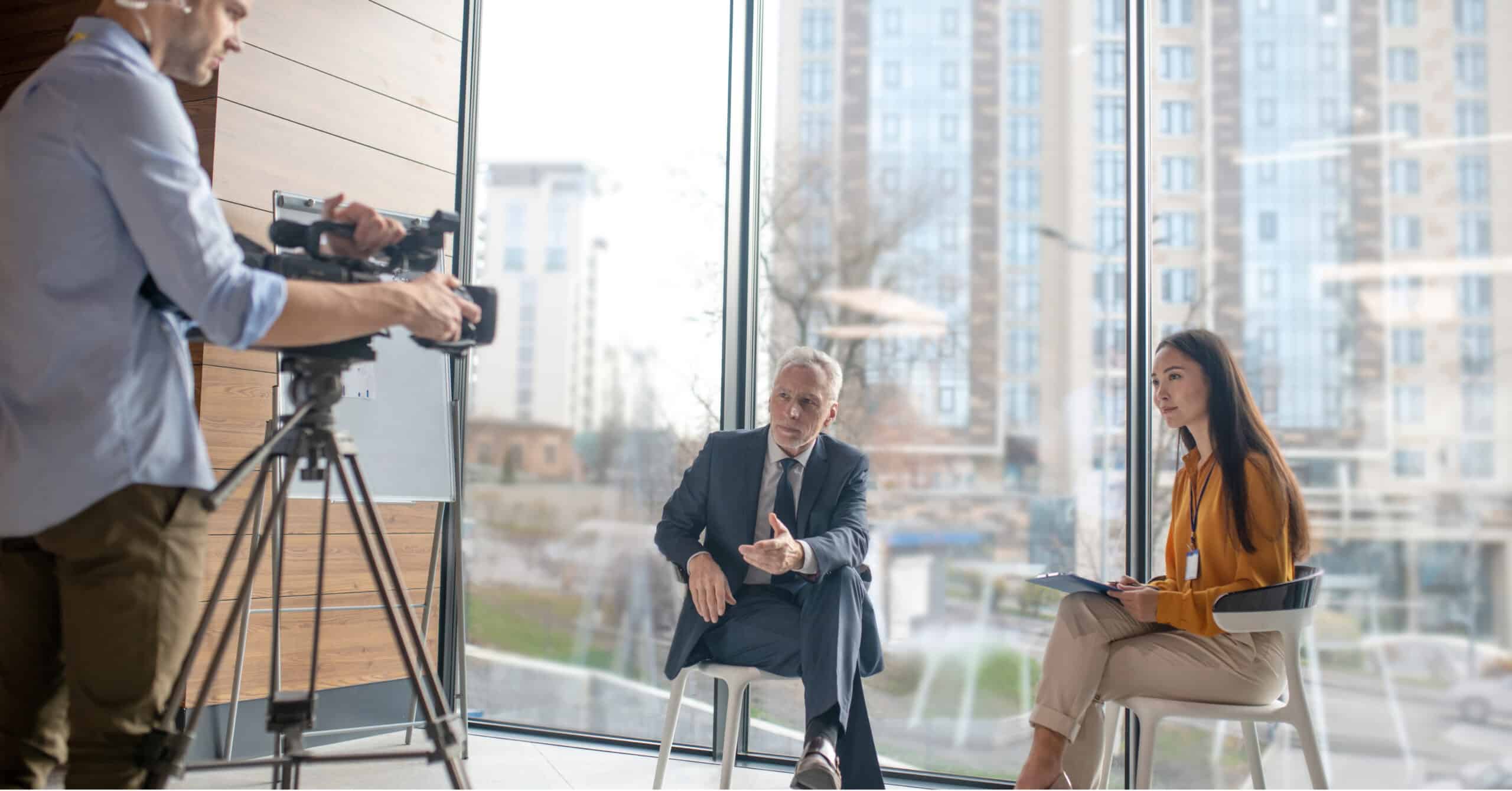Ever wonder how certain people seem to nail every single media interview they take part in? They appear so cool, calm and in control, with clever turns of phrase just rolling off the tongue. It takes real skill – and more often than not some tailored media training – to make this process look as easy as they do. Here are some tips on what the expert media performers have in common.
Be Prepared and Practise
Before going ‘on the record’ with a journalist, it is essential to identify the key messages you want the audience to read, hear or watch. Ask yourself – what are the absolutely crucial points you need to make in this interview? Identify three main themes and make sure you have these down pat. Ask a family member, friend or colleague to do a rehearsal interview, so you can practise saying your key messages. It’s critically important to say them aloud. Do you sound too scripted or too formal? If so, adjust the language to ensure it sounds natural and conversational. The more practice you can do ahead of the interview, the more comfortable you will feel when the time for your media appearance arrives.
Know your Audience
Remember the journalist is merely the conduit to your audience. The people you are trying to persuade, motivate or inform are the ones who switch on or subscribe to the news organisation for which the reporter works. Ask yourself what sort of language would work best to talk to that audience? Are they likely to understand the technical terms or jargon within your specific industry? If not, you will need to find a way to make sure they can make sense of and relate to what you are saying. If your interview is with a news organisation that has a very broad audience, use simple and descriptive language to reach as many people as possible. For example, comparisons and analogies are a fabulous way to make your message real for a broad audience.
Get Real
While media interviews are really a type of manufactured conversation, it is important to be genuine and let your personality shine through. The facts, figures and knowledge you can offer are extremely important to the journalist, but it is just as crucial to inject some humanity and relatability into the interview. Something as simple as using a personal anecdote to illustrate a point you are making can endear you to the audience and establish trust. If you are on camera, remember that lens will act like a huge magnifying glass, so be conscious of your body language. Any shifting eye movements or other signs of nervousness or dishonesty are going to jeopardise your connection with the audience. Be passionate, have conviction and speak from the heart.
Total Control
It is easy to assume the journalist has the upper hand in an interview because they are in charge of the questions being asked. However, only you have control over what you say during an interview. No one can make you say what you do not want to say. An interviewee who has prepared and practised their key messages will be able to access these with easy recall. Remember too that the reason you are being interviewed is because you bring value to the story. In many cases, without your input, the reporter may not even have a story worth running. Interviews are transactional – the journalist needs something from you in the form of your knowledge and expertise, and in return your organisation and its services or products are being communicated to a potentially massive audience. Ensure you have your key messages ready, and committed to memory, and make sure that they are part of every answer you provide.
Embrace the Butterflies
Even the most seasoned media commentators can still feel nervous before going in front of a camera or microphone. A faster heartbeat, shortness of breath, shaking hands and perspiration are natural physical responses to have when facing the media. If you are able to accept that nerves are normal, it will help. Acknowledging these sensations as par for the course helps to minimise their impact. Exercising on the day you have a media interview will help to reduce cortisol (the “stress hormone”) levels. Deep breathing in the 5-10 minutes before the interview is one of the most beneficial ways to keep the nervous energy at bay.
BBS’ team of expert media trainers coach hundreds of individuals every year and help spokespeople to be capable and confident under pressure.
Our team includes working journalist Rebecca Archer who has almost 25 years’ experience in Australian and international media as a presenter, journalist and producer. She has worked across most news and current affairs platforms, including television, radio, podcasts and online / digital publications. Her work with ABC News in Brisbane gives her invaluable insights into how news is sourced, produced and presented in 2024.
To find out more about media training options for your spokesperson and boarder team contact us today.
